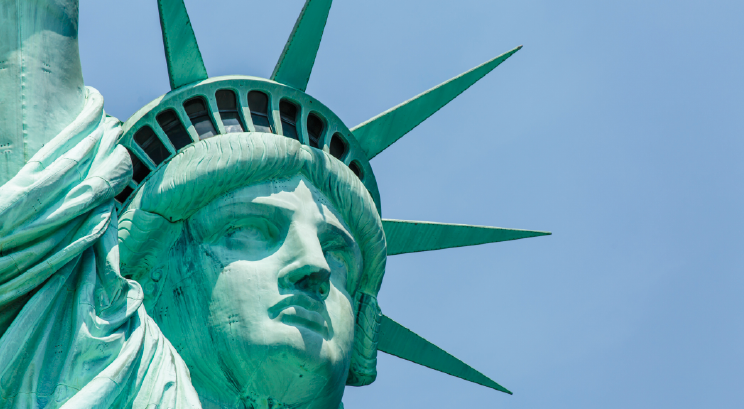By Melissa Wuske
Evangelicals Supporting Immigration Reform
In 2012 a group of leaders from national evangelical organizations gathered to seek God’s heart concerning immigration reform in America. Now, at their third anniversary, the Evangelical Immigration Table has grown in size, diversity, and unity.
Together they’re working for a “just, compassionate immigration process rooted in biblical values.” The group’s principles—signed by nearly 1,700 local and national leaders—include respecting and protecting “the God-given dignity of every person . . . unity of the immediate family . . . secure national borders . . . fairness to taxpayers.”
“God is reminding us,” said Dr. Russell Moore, president of the Southern Baptist Ethics & Religious Liberty Commission, “that ‘immigrants’ are not an abstraction. They are our neighbors, created in the image of God, and many of them are our brothers and sisters in Christ.”
But there’s more to be done. Noel Castellanos, CEO of the Christian Community Development Association, said there are “families still living in fear of separation and people remaining in the shadows. Our elected officials must act on their moral courage and find solutions that will support immigrants, our economy and our communities.”
Dr. Moore hopes the future holds “a more just system in the public arena, but also more and more churches that reflect the glorious unity and diversity of the kingdom of God.”
Justice Kennedy Questions Solitary Confinement
Supreme Court Justice Anthony Kennedy wrote a five-page critique of solitary confinement, released alongside the court’s decision in Davis v. Ayala in June. In addition to the court’s decision, Justice Kennedy wrote about Hector Ayala’s 25 years in solitary confinement on death row—“in a windowless cell no larger than a typical parking spot for 23 hours a day; and in the one hour when he leaves it, he likely is allowed little or no opportunity for conversation or interaction with anyone.”
Currently 25,000 people in the U.S. are serving all or most of their prison sentences in solitary confinement, and Justice Kennedy questions whether “the human toll wrought by extended terms of isolation” is worth it—research has shown starkly elevated instances of mental illness (including anxiety and hallucinations) and self-harm (including suicide).
Justice Kennedy cites the responsibility of the courts on this issue: “The judiciary may be required, within its proper jurisdiction and authority, to determine whether workable alternative systems for long-term confinement exist, and, if so, whether a correctional system should be required to adopt them.”
Small Crime Makes Big Impact on Community
The idyllic island of Canna, Scotland, faced its first crime in decades. Someone raided the Canna Community Shop, a store run on the honor system that stays open all night to meet the needs of fishermen.
The betrayal has rocked the community. “The thieves cleared the shelves of sweets, chocolate bars, coffee, biscuits, batteries and more,” said the spokesperson for the community trust that runs the shop. “Most upsetting for [manager] Julie was they stole six of her hand-knitted Canna wool hats which were in the shop on a sale or return basis.”
The theft is “believed to be the first on Canna since a wooden plate was stolen in the 1960s,” said Scotland’s STV news channel.
Lego Partners with University
The Lego Foundation, part owner of the Lego company, recently gave Cambridge University millions of dollars to create a professorship and research center to study the role of play in education, development, and learning.
While it sounds fun, studying play is not light work. “The experience of play changes the connections of the neurons at the front end of your brain,” said Sergio Pellis, a researcher at the University of Lethbridge in Alberta, Canada.
Melissa Wuske is a freelance editor and writer. She and her husband, Shawn, live and minister in Jamaica Plain, Massachusetts. Find her work online (melissaannewuske.com).



Comments: no replies